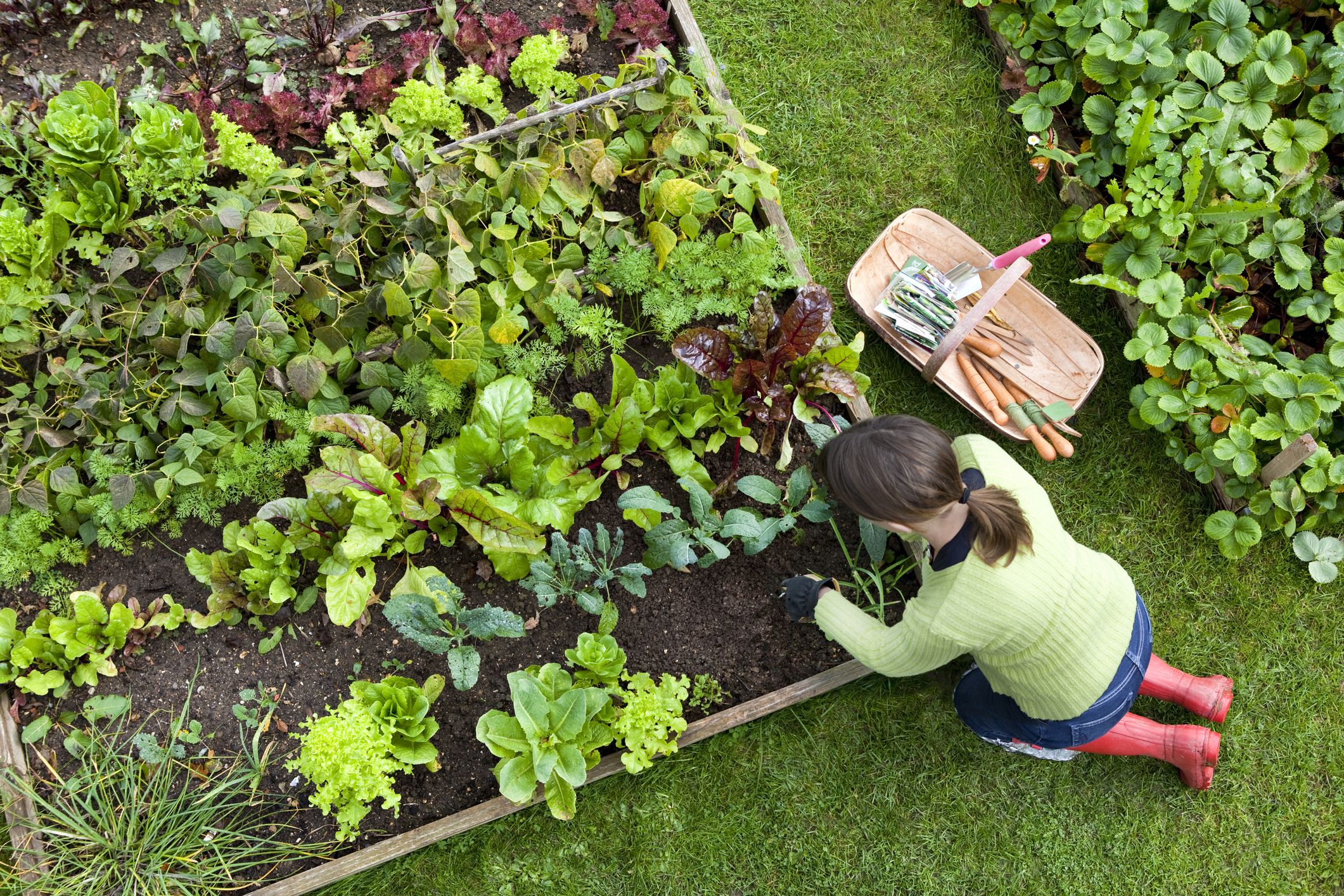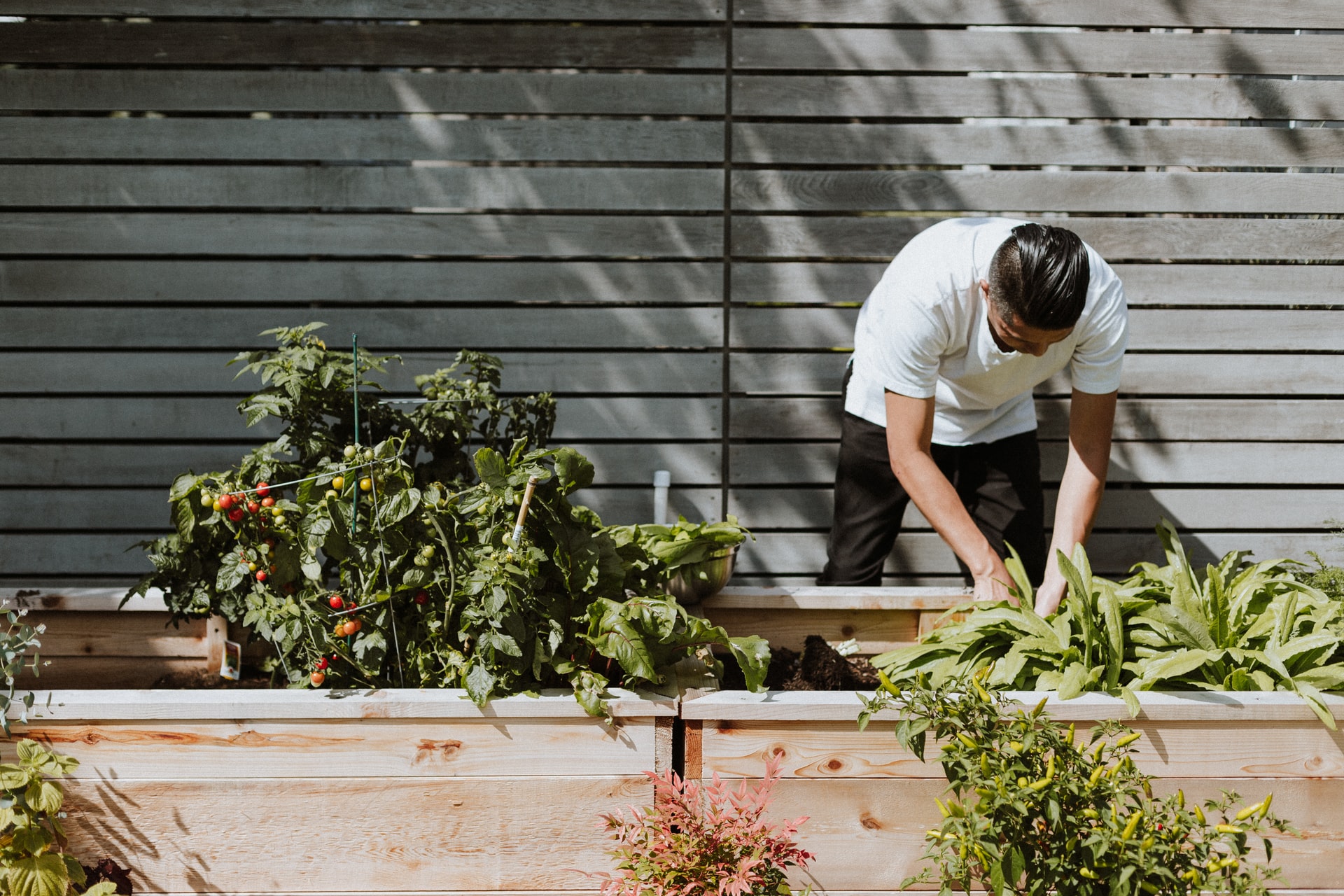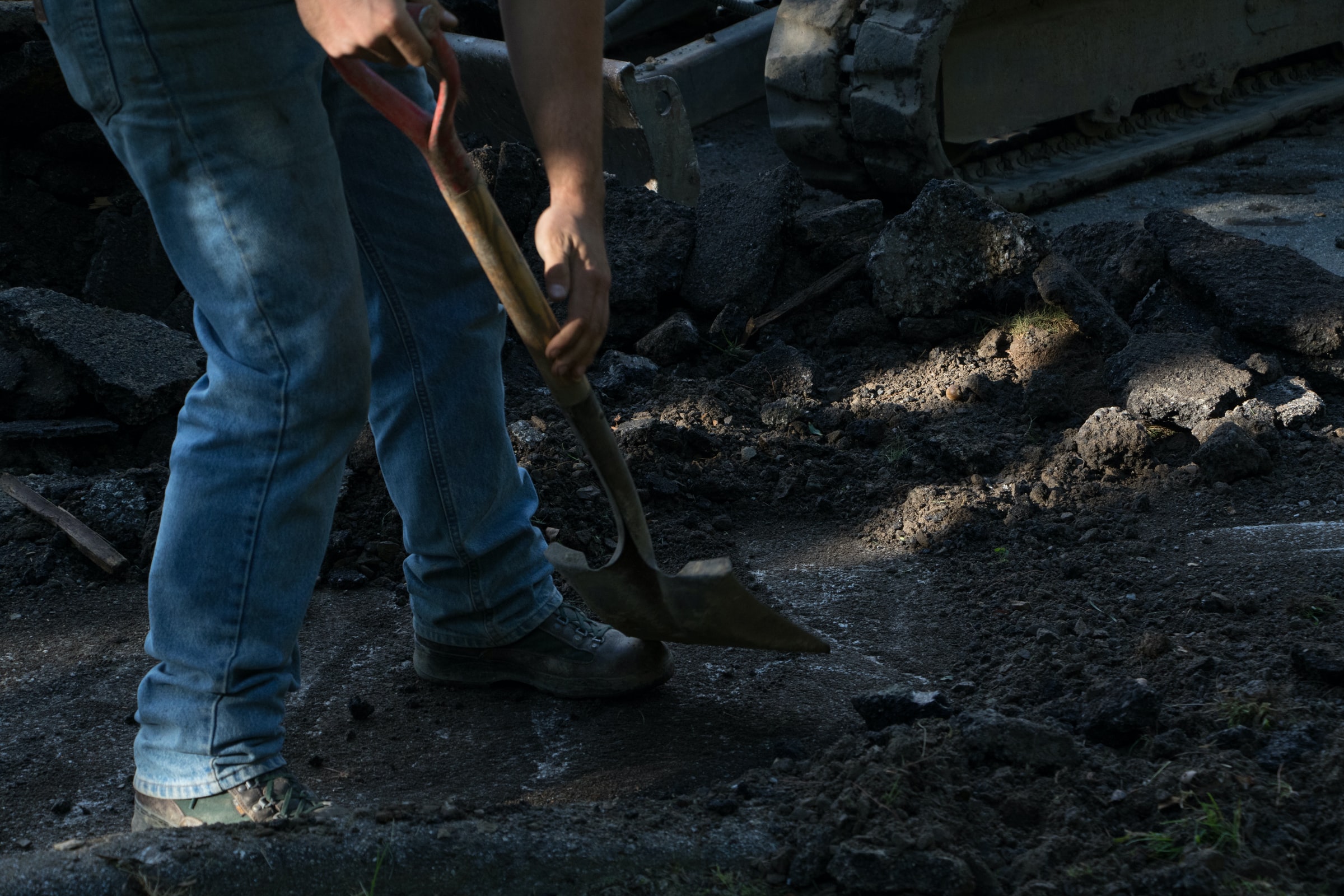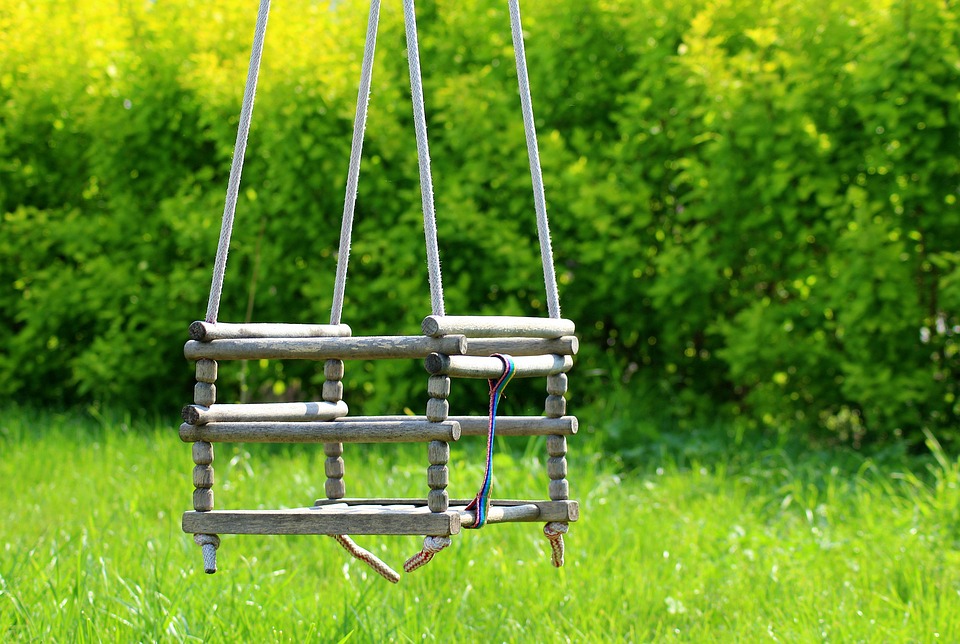You know about enriched topsoil, but do you know what screened topsoil is? Very rich in nutrients and 100% natural, the topsoil sold in garden centres is sifted and screened. Screening consists in separating the solids contained in the soil by a mechanical action to offer a soil immediately usable for gardening.
Small parasitic stones and other solid elements of medium or large size are removed from the soil. In the case of enriched topsoil, compost is added to make the soil even more fertile. So, without further ado, let’s dive further into this blog and learn a bit more about topsoil.
1. Screened topsoil protects the soil

Known for its richness in microorganisms, screened topsoil helps to replenish the soil with nutrients. Thanks to these microorganisms, the soil will be protected from:
- Nitrogen
- Sulphur
- Phosphorus
- Zinc
- Calcium
- Copper
- Magnesium
2. Microorganisms are beneficial to the soil
Screened topsoil is composed of microorganisms. These are elements with many advantages:
- They promote the soil structuring process by diffusing organic elements allowing the soil to have access (more easily) to air and water.
- Microorganisms promote root development. In the long run, by choosing sifted topsoil for your garden/culture, you will obtain more than satisfactory results.
- Microorganisms are a natural alternative to the negative effects of pesticides. They can protect a plantation against various harmful contaminants contained in the soil. Moreover, they limit the presence of “dangerous” bacteria.
3. Enriched sieved topsoil: what applications in the garden?

The soil in green spaces becomes impoverished over time. As a result, plantations and subjects suffer, and the garden loses its beauty. To remedy the various problems of soil poverty, enriched topsoil provides several solutions:
- Planting and/or revival of outdoor plants
- Planting of conifers and trees
- Restoration of natural grass
- Agricultural and horticultural soil base
- While it is often thought that a simple application of topsoil will restore the soil’s richness, this is only a temporary compensation. On the other hand, enriched topsoil allows the garden’s plantings to start up again in the long term and enrich the soil once more.
The amended topsoil enriched with compost should be spread in large quantities to a thickness of about 15 centimetres in all areas to be enriched.
4. Screened topsoil promotes soil regeneration
Soil regeneration occurs through the breakdown of rocks and rainfall. These two phenomena allow obtaining minerals that will facilitate the growth of the plants. The only problem is that this phenomenon occurs very rarely.
However, a scientific study conducted by students at a major agricultural university in America revealed that using sifted topsoil allows the soil to regenerate more quickly. This means that you will not be at the mercy of the elements and can continue to grow your crops all year round. You will protect the soil while increasing its profitability.
5. Screened topsoil limits the use of chemicals

Unfortunately, chemical fertilizers are still part of agricultural practices. Therefore, it is difficult to change the trend with those who are used to it. However, using this type of fertilizer on your plantation is a big risk to run for a few extra dollars. Indeed, they tend to seep into the soil when watering until they reach the water table.
A situation is all the more dangerous as it directly affects humans. The solution? Screened topsoil. It will allow you to reduce the use of these chemicals- or even avoid them- thanks to its nutritive and protective benefits for the soil. You don’t need a lot of it to make your planting soil abundant and generous.
6. Screened topsoil reduces watering frequency
Watering is an essential step in growing. It is not negligible to obtain a quality garden/plantation. Watering must be regular, as the soil must be sufficiently moistened to be fertile. However, this practice can become tiresome, especially when it comes to a land of several hectares.
For this reason, it is strongly recommended to use vegetal sifted earth to reduce the frequency of watering. Indeed, this type of soil has the amazing characteristic of storing enough water to provide for the needs of your plants for a certain period of time (3 days maximum).
Sound off in the comments section below and tell us what you want to read next and if you want to read more about topsoil.



Reducing the frequency that we need to water our plants sounds like a benefit that can really help us out in the long run. We want to be as resource-conscious as possible when making our large property garden, and something like this will help us out by a mile with regard to daily consumption. I’ll go and look around for any landscaping experts that can give me a hand with this kind of stuff immediately.